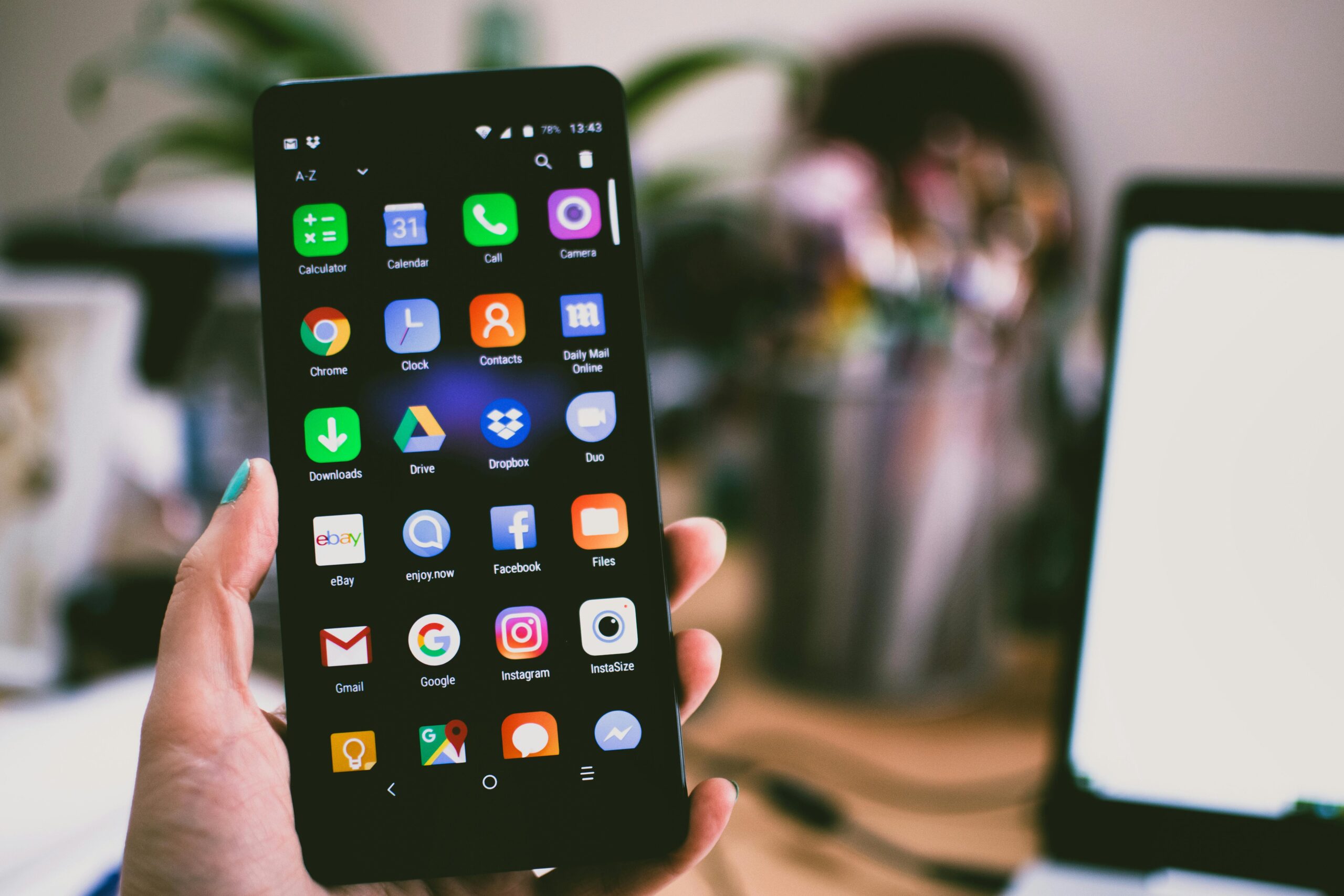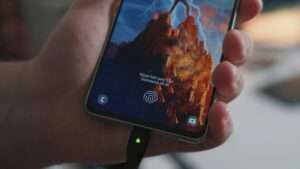Last updated on February 12th, 2025 at 01:28 pm
Having your phone’s battery die can be extremely irritating, especially when you are away from home without access to an outlet. Batteries drain quickly for many reasons. Figuring out how to avoid these battery-draining issues will help your phone maintain a long-lasting charge.
Overcharging Your Phone
After a long day, most people find plugging in their dying phones overnight to be very convenient. While it’s tempting to think this charging habit prolongs battery life, it can actually be harmful over time. Modern lithium-ion batteries in smartphones today no longer need to be fully depleted or charged to 100% to maintain good health. The key is to avoid these extremes. Continuously charging beyond 100% weakens batteries by reducing their lifespan.
Though this degradation is not noticeable in new phones, extended overnight charging will eventually diminish battery capacity substantially. The once-recommended tips for fully depleting or charging lithium-ion batteries are now considered outdated advice. For all smartphone operating systems, the best practice is to charge partially between 20-80% to maximize battery longevity.
To maximize battery life, keep your phone’s charge between 20-80%. If charging beyond 80% is unavoidable, do so in a cool, well-ventilated area. Use your phone’s built-in setting to stop charging at 85%, if available. Otherwise, manually unplug the phone before it reaches 100% to avoid overcharging.
Display Brightness is Too High
To preserve battery life, reduce your phone’s screen brightness when you don’t need the highest setting. Maximum brightness quickly drains the battery, even though it improves outdoor visibility.
To optimize your phone’s battery life, enable the auto-brightness setting in display settings. This allows the screen brightness to automatically adapt to different lighting conditions by brightening in sunlight or dimming in darker environments. Auto-adjusting the brightness ensures your screen is optimized for current lighting conditions without draining your battery.
Enabling dark mode is another method to reduce your phone’s brightness. Although it may appear trivial, replacing the usual white menus and app backgrounds with black can significantly extend your phone’s battery life.
Avoid Clearing Your Recent Apps
In the early days of smartphones, it was common for users to think closing their apps would improve efficiency. However, this practice drains battery life faster. Unless an app is malfunctioning, it’s best to avoid closing recent apps.
Modern smartphones manage memory more efficiently by keeping recently used apps running in the background. This allows apps to reopen instantly, without restarting. Force closing background apps overtaxes your phone’s processor and drains the battery faster, as the phone must fully reload apps each time.
Turn off Unnecessary Connectivity Features
Keeping Bluetooth, GPS, and NFC enabled drains battery power even when idle. Disabling these connectivity features when unused conserves battery life. Alternatively, enable battery saver mode to limit connectivity and extend battery longevity.
To conserve battery life, enabling battery saver mode restricts battery-draining features like background data, syncing, and location services. On high refresh rate phones, it also lowers the motion refresh rate to 60Hz. Access the power-saving settings in your device to easily turn on this useful battery-extending mode.
Avoid Exposing Your Phone to Heat
Exposing your phone to high temperatures can permanently reduce battery life. Avoid letting your phone exceed 95°F whenever possible. For example, take it out of a hot case or pocket, don’t leave it in direct sunlight for extended periods, and don’t let it overheat in a hot car. Finding ways to keep your phone cool may help extend battery life.
Using low-quality or incompatible chargers can cause a phone to overheat and damage the battery over time. Chargers with incorrect wattage levels outside the phone’s allowable range lead to overheating during charging. Investing in the manufacturer’s recommended charger helps avoid these issues.
To avoid overheating, it’s best not to charge your phone while gaming or running intensive tasks. Charging adds a significant load on the battery and system, generating excess heat. For optimal battery health, let your phone fully charge first before heavy usage.






